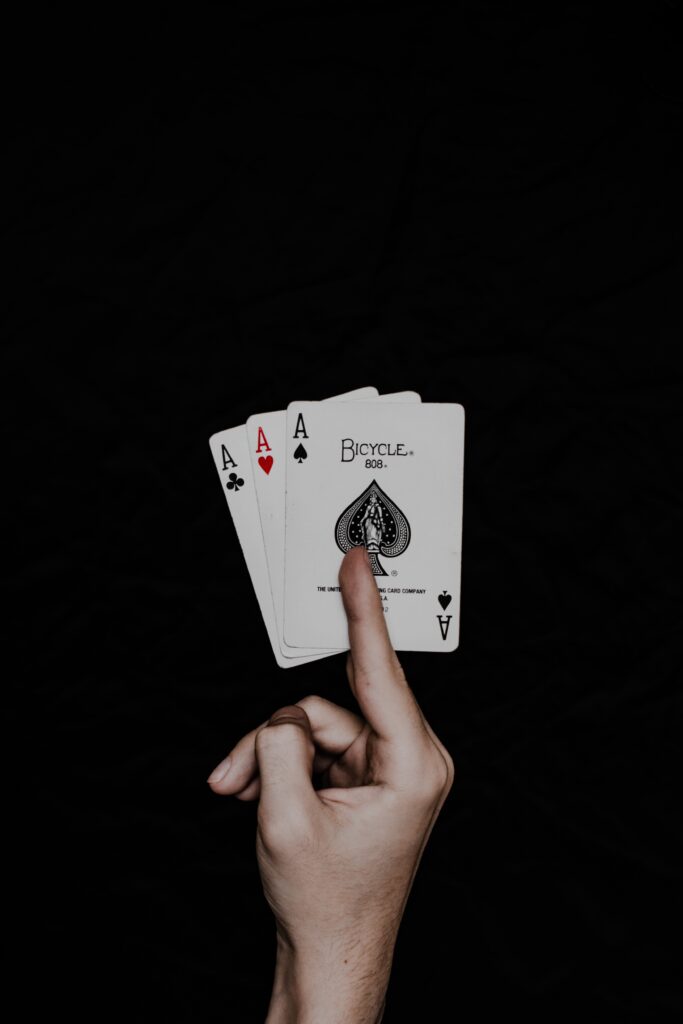As previously mentioned, gambling is a behavioral addiction. Behavioral addictions often start as a result of past experiences and unresolved traumas. When gambling addiction occurs, the affected individual will prioritize gambling over other important areas of life, such as school, work, relationships, and even maintenance of their general health.
Gambling addiction grows in strength by continued gambling. The experience of placing a bet and winning acts on the brain’s reward system, namely its dopamine center. Dopamine is a brain chemical, or neurotransmitter, responsible for the positive feeling we get when we anticipate pleasure. It is connected to our motivation and desire to take action. When we place a bet and win, the brain’s reward center lights up.
While some people can gamble and stop without any problems, others are more prone to developing an addiction. So, when the brain’s rewards center is activated, it motivates us to continue gambling. Those who are more prone to addiction may enter a downward spiral of gambling-related behavior and feel unable to stop.
Recovery from gambling addiction requires professional treatment. Addiction is a progressive condition, so if treatment is not sought, the condition will get worse. Problematic gamblers who do not receive treatment can be subject to significant loss and even psychological damage.




